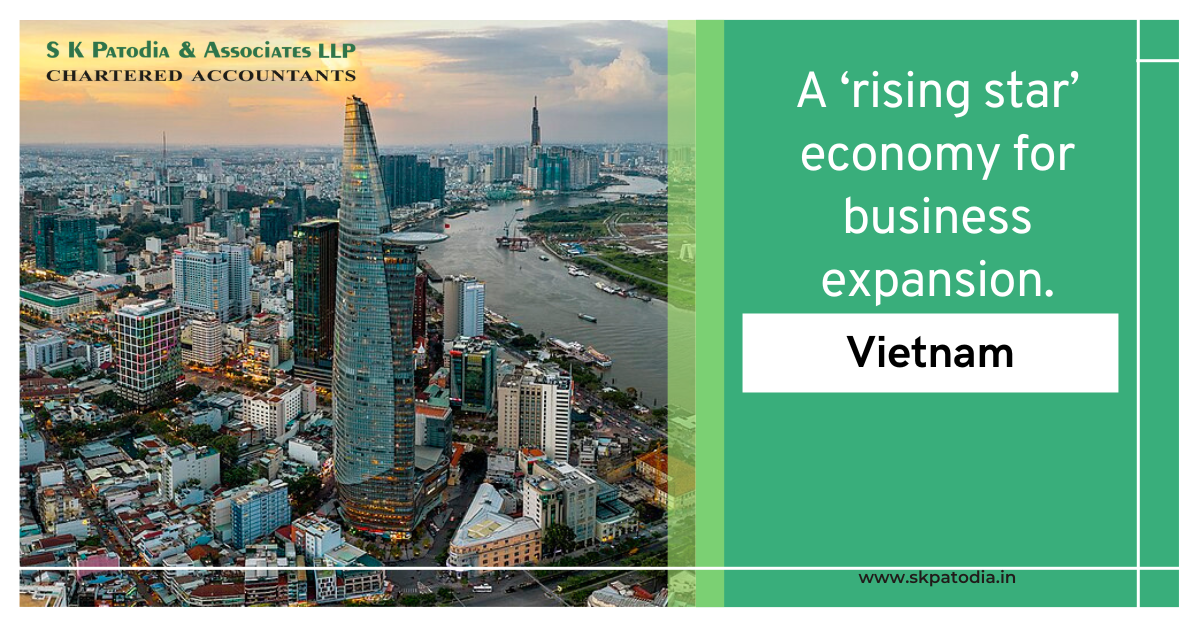Singapore is an indispensible nucleus for corporations to indulge in business activities. Apart from being one of the prime service providers across various domains, it is driven by consistent innovation across diverse diligence. The main features that make it the most desirable place for ambitions entrepreneurs are its political solidity, pro-business stratagems and tax advantages. A private limited company is the most popular kind of business entity in Singapore. However, according to the Singapore law, foreign companies cannot self-register a company in Singapore and have to be associated with a professional secretarial firm.
What are the Steps Involved for Incorporating a Company in Singapore?
The first step for company formation in Singapore is to choose and reserve a name. However, one needs to ensure that the name should be original and not obscene. The next step involves getting the documents signed by authorities. This ensues filing by ACRA followed by payment. Once the payment procedure is complete, the receipt will have a unique entity number, which is the company registration number. Herein, the company can start with its business activities.
What are the Requirements?
- A company must have at least one director who is either a citizen or a holder of a foreign pass.
- Minimum one shareholder is required who could either be an individual or a corporate entity. Additionally, it can be completely foreign owned.
- One Company secretary who is a local resident.
- A registered local office address is mandate.
- A firm can choose between two activity codes.
- Minimum share capital is S$1.
- Singpass for local and Corporate Service Provider for foreigners for registering filings to ACRA.
- Company Name.
What to Keep in Mind Post Incorporation?
An e-notification is issued that completes the registration formalities for Singapore company incorporation. An excerpt of the business profile containing basic details about the company can be obtained from the Registrar of Companies. It is mandate that a company issue share certificates. Singapore authorizes an incorporation to choose their own financial year end. A company is required to have a common seal to be punched on important credentials. On the other hand, a company can choose to have its own rubber seal which is not entirely mandatory. All invoices should contain the company registration number. Once registered with ACRA, no separate tax registration is required as it automatically get registered with the IRAS. Goods and Service tax registration is imperative for businesses with an output of more than S$ one million. A customs registration is mandatory only for companies dealing in import and export. Audit requirements vary for different types of business entities.
For more details visit : SKPatodia.in




